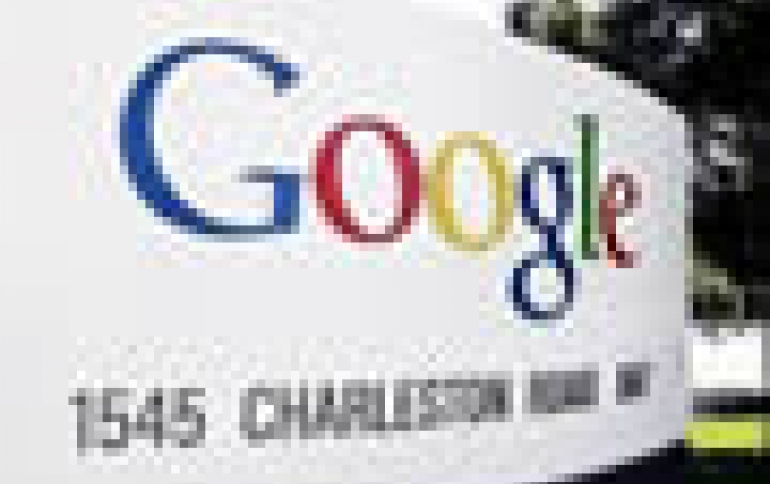
Google Tests More Accessible Web Search for Blind
Google has begun testing a new version of its search system that makes finding information on the Web easier for the blind or visually impaired, its creator said on Wednesday.
Accessible Search, available on Google's experimental software site at http://labs.google.com/accessible, uses Google's standard page-ranking system and goes further by evaluating the usability of each Web page it displays.
T.V. Raman, a research scientist at Mountain View, California-based Google, said his project sorts search results based on the simplicity of page layout, the quality of design and the organization and labeling of information on each page.
Complex, graphical designs that pack a lot of information onto large Web pages fare poorly when a low vision user relies on screen magnifiers that must expand small sections of a computer screen and make them huge, the researcher said.
A blind or dyslexic user of a screen reader that converts text into spoken words using a synthesized voice would waste a lot of time skipping over extraneous page content, he noted.
Accessible Search rates how, on balance, each Web page handles such issues and gives priority to pages that do the best job of balancing relevant data and solid design.
The dirty little secret of Internet design is that many shortcuts Web page builders take to make it easier to view information online, render Web pages nearly impossible to use by the visually impaired with machine-reading technology.
Google Accessible Search is built using Google Co-op technology, which the company recently introduced to enable organizations with specialized search systems that target information on specific topics such as health or food.
T.V. Raman, a research scientist at Mountain View, California-based Google, said his project sorts search results based on the simplicity of page layout, the quality of design and the organization and labeling of information on each page.
Complex, graphical designs that pack a lot of information onto large Web pages fare poorly when a low vision user relies on screen magnifiers that must expand small sections of a computer screen and make them huge, the researcher said.
A blind or dyslexic user of a screen reader that converts text into spoken words using a synthesized voice would waste a lot of time skipping over extraneous page content, he noted.
Accessible Search rates how, on balance, each Web page handles such issues and gives priority to pages that do the best job of balancing relevant data and solid design.
The dirty little secret of Internet design is that many shortcuts Web page builders take to make it easier to view information online, render Web pages nearly impossible to use by the visually impaired with machine-reading technology.
Google Accessible Search is built using Google Co-op technology, which the company recently introduced to enable organizations with specialized search systems that target information on specific topics such as health or food.




















